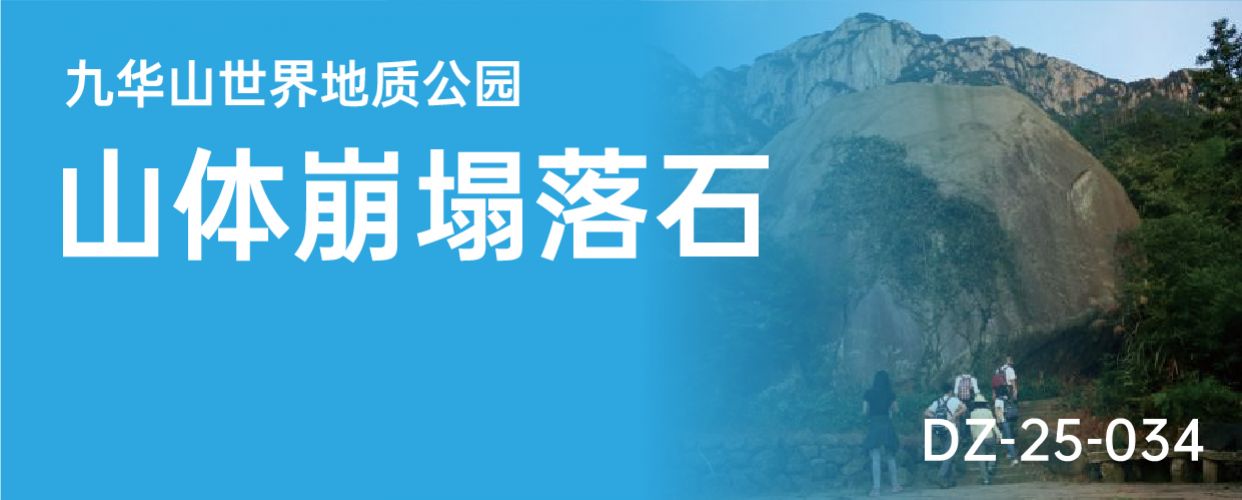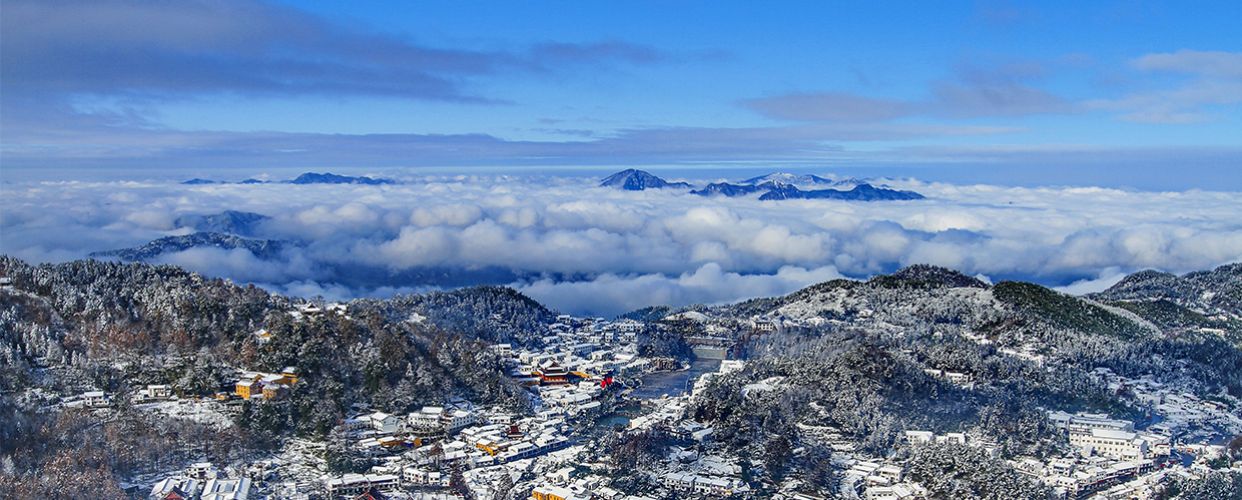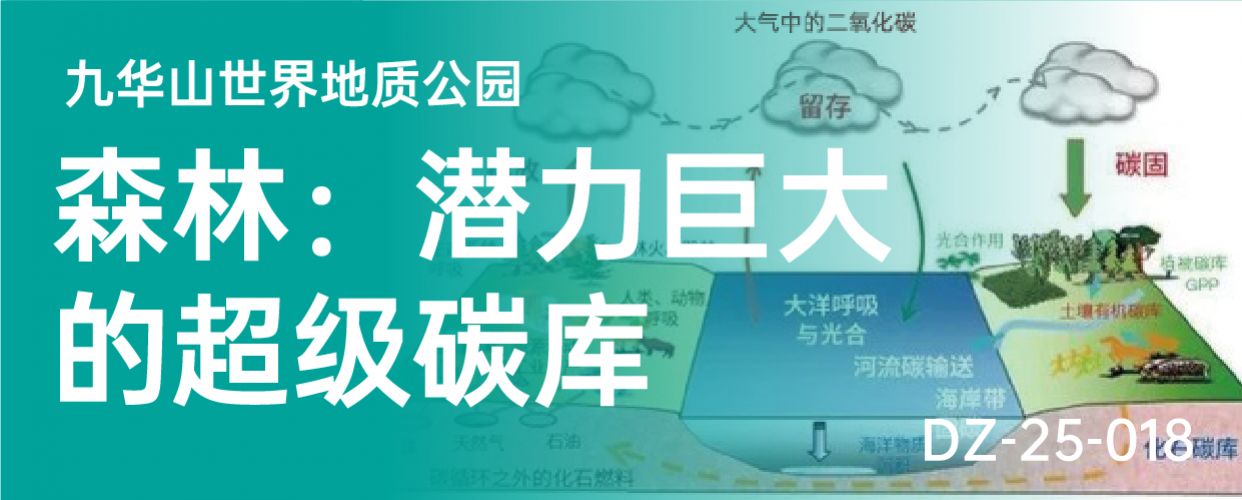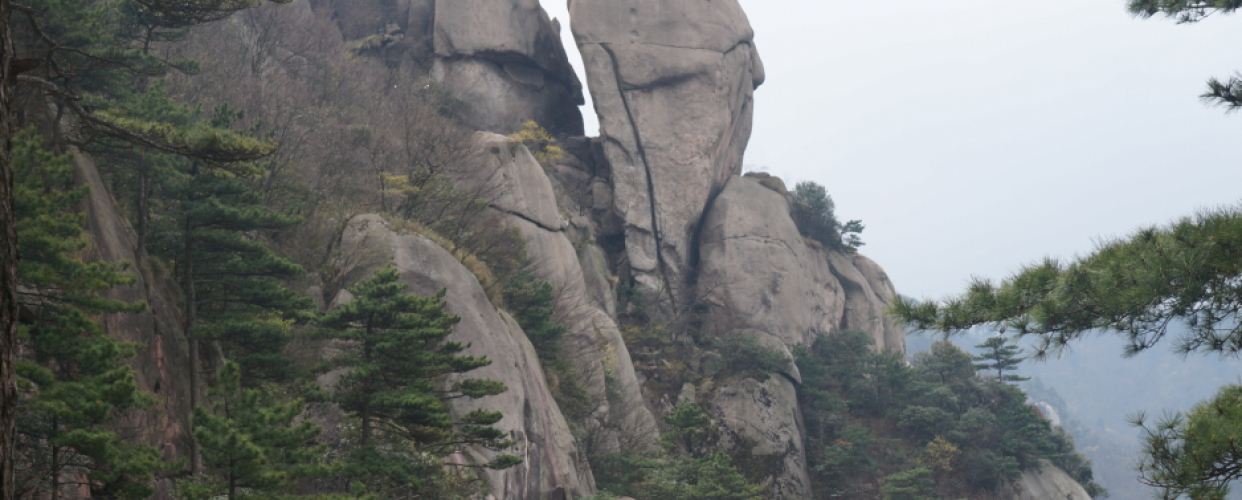- 视频 /
- 音频
-
景点介绍:
作为中国佛教四大名山之一的九华山,清净、庄严、神圣。肉身菩萨是九华山佛教的一大特色。九华山佛教圣地有据可查的“肉身菩萨”近20尊,可见9尊。 As one of the four sacred Buddhist mountains in China, Jiuhuashan is tranquil, solemn and sacred. The Flesh body Bodhisattva is the most typical feature of Jiuhuashan Buddhism. About 20 flesh bodies of Bodhisattvas are recorded in the documents in Jiuhuashan, only 9 of which can be visited. 知识拓展:地处亚热带季风区,气候温和,雨量充沛的九华山为什么能形成众多的肉身?至今是谜。科学家究其原因一是九华山独特的缸葬形式。在缸中放置木炭和石灰,吸收水分殆尽,保持缸内和尸体干燥,并泥浆封缸阻止氧气进入,严防细菌繁殖,制作与保持肉身有了可能。二是去世的菩萨生前的独特修行道涵。他们长年食素不沾荤腥的食材产自九华山,弱碱性的九华山花岗岩土壤、水体出产的食材使他们身体的碱性体质得到加强。在其大限来临(临死)之前,他们十天半月食不沾、水不进,腹肠空空,体内脂肪和水分极少,为死后坐缸蜕变肉身奠定了基础。 More Readings: why have numerous flesh bodies been produced in Jiuhuashan which are featured by the subtropical monsoon climate of warm and rich rainfall? It is still a mystery. Scientists have given some clues: the first reason is the unique vat-burial mode here. The details are to put charcoal and lime in a vat for absorbing water and keeping the vat and corpse dry, and then to seal the vat with mud to prevent oxygen entry and bacterial reproduction; after these, the flesh body is possible to be made and preserved. The second is the unique cultivation virtue of the departed Bodhisattvas. They are vegetarians throughout the year and the food they eat are all from Jiuhuashan where soil and water are of alkalescent produced from granite, and strengthen their alkaline body. They would not take any food or water for ten days or half a month just before death in order to keep their stomach empty with the least fat and water in the body. It is these conditions that provide possibility to form a flesh body in a vat after death.
-
评论列表
评论列表
评论列表
评论列表
评论列表
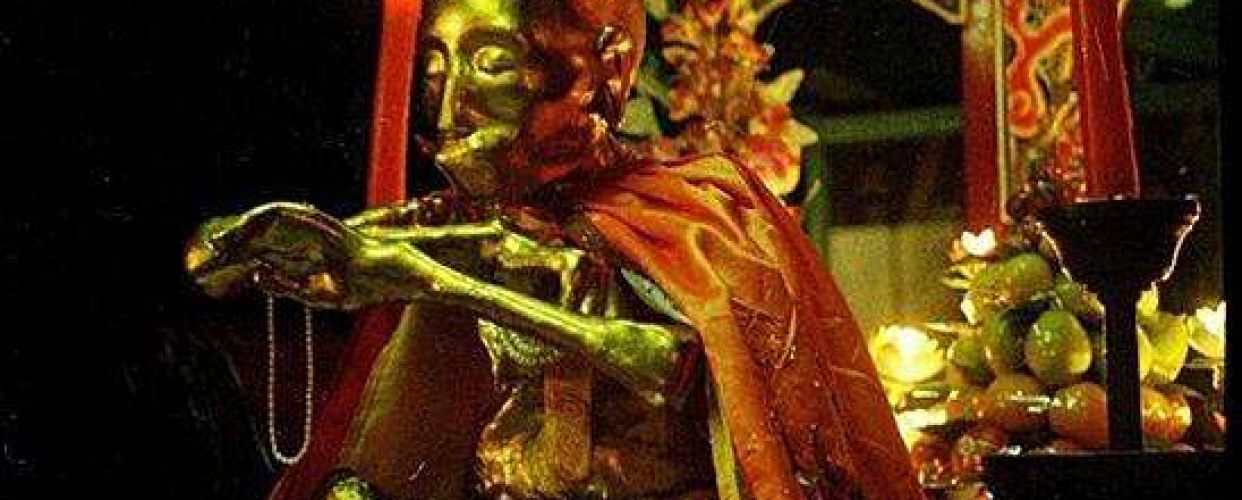 HOT
HOT
